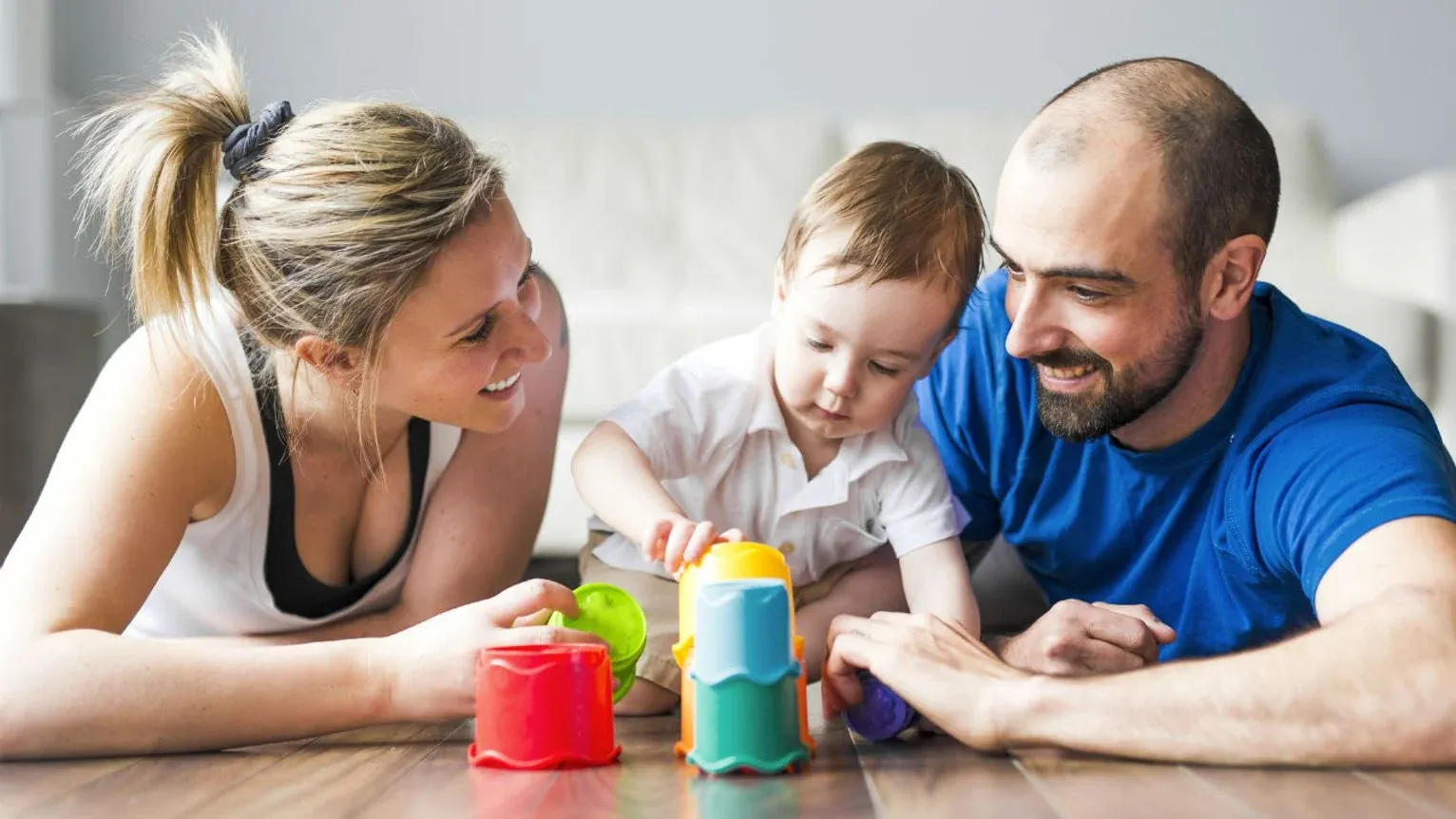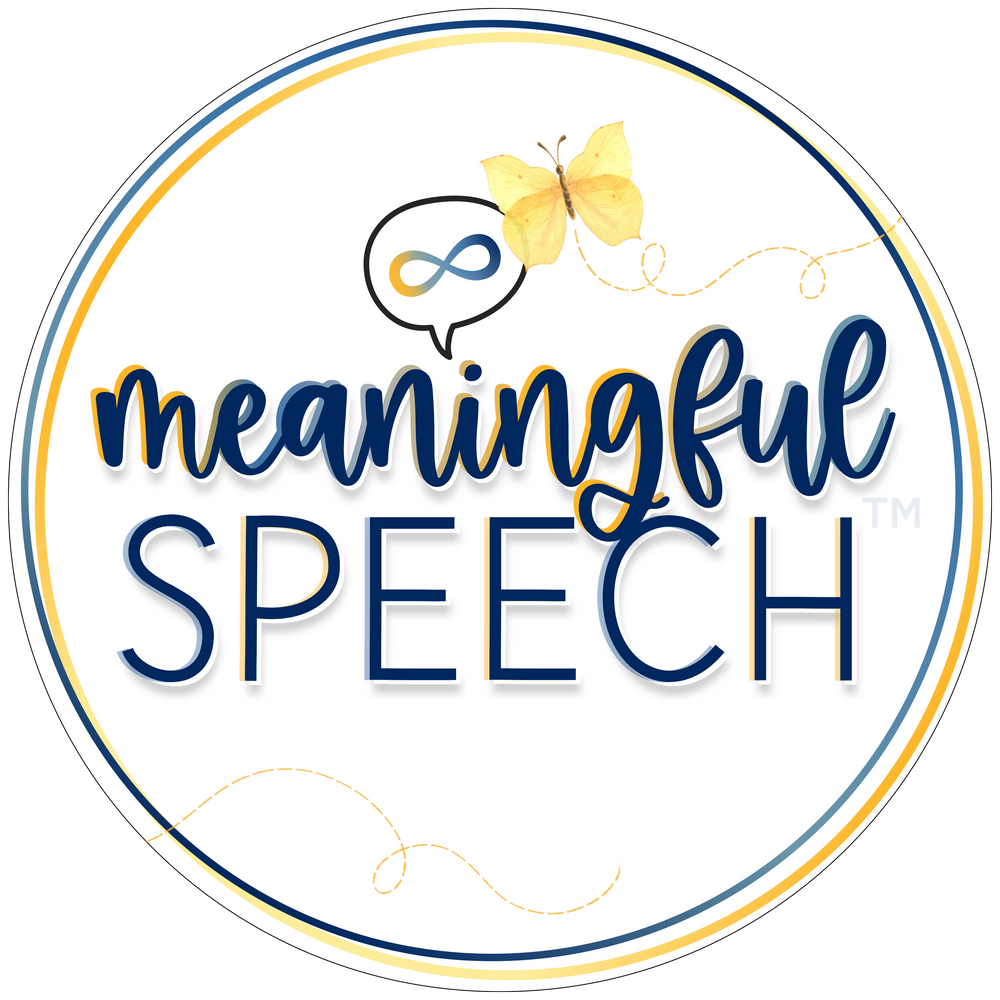Language Strategies: Analytic Language Development vs. Gestalt Language Development
Jan 08, 2025
We want to make sure that we are using appropriate strategies to support a child’s language development. Different language development requires different language support. Some strategies will overlap, however, if we’re solely using strategies meant for analytic language processors with early stage gestalt language processors, it will hold them back in their language development and may leave them stuck in the early stages. Whereas, if we’re using strategies meant for gestalt language processors with analytic language processors they will take what they need from these language supports and use it to move through the stages of their language development.
Typically recommended strategies for analytic language processors
- Labeling nouns (objects, pictures, books, flashcards) to increase word count/increase vocabulary.
- Expanding utterances (ex. modeling 2 word combinations if a child says one word. Ex: Child says "Ball" Adult says "Blue ball" )
- Using cloze phrase or fill in the blank (ex: “The Wheels on the (pause)____” and waiting for child to say "bus")
- Asking wh-questions like "What's this?" with expectation of a response/answer.
- Focusing on grammar early on in language development.
Typically recommended strategies for gestalt language processors
- In the first stage of gestalt language development, modeling more gestalts that can be easily mixed and matched when the child is ready for stage 2.
- Eliminate focus on single word modeling, asking questions, expanding utterances and focusing on grammar in the early stages (Stages 1 & 2). These are all strategies we use with analytic language processors.
- Acknowledging anything the child communicates without trying to change it. Smile, nod or say "yeah" or "okay"
- Model language naturally in play and focus on declarative language (narrating, commenting).
- Do not take gestalts literally, but investigate what they mean to the child (often tied to a meaningful experience).
What do I do if I’m not sure whether a child is an analytic or gestalt language processor?
Below are language strategies that support all language development. If you’re not sure how a child is processing language yet, incorporate these strategies. Also, remember that the natural language modeling without expectation that we use with gestalt language processors will also support analytic language processors.
- Use child-led play therapy.
- Eliminate rewards and sensory breaks and instead incorporate sensory and special interests into therapy.
- Model language naturally without demands.
- For example, you want to avoid prompts like “say ____”
- Use music and singing songs in early language development
- Provide parent and caregiver coaching so that they can support the child outside of therapy.
- Consider robust AAC if the child can benefit.
- Honor all modes of communication.
Changes you’ll see when you begin to model language differently for early stage gestalt language processors
If you’ve been using analytic language strategies with your gestalt language processor in the past and you’ve recently started to switch to using appropriate strategies, there are some changes you might see:
- You may see an increase in gestalts/ scripts being used by your child. Don't worry if this happens, it's a good thing! A Stage 1 gestalt language processor needs more gestalts, just like an early stage analytic language processor needs more single words.
- Your child may get quieter as you stop prompting them and questioning them. That's okay! They may be taking in this new language modeling. Wait for that true, spontaneous language to emerge.
- Your child may give you more natural eye contact and smiles. This is huge! You are building trust and connection. Note: We never focus on targeting eye contact, but it may occur naturally for some kids when they feel connected with a trusted communication partner.
- Lastly, your child may thrive! Using these strategies is often what has been missing from our gestalt language processor’s lives for years. Stop teaching and prompting language and start listening and modeling language naturally.
Want to learn more in-depth information about how to support gestalt language processors?
- There are many free podcasts, webinars and articles to get you started. A comprehensive list of resources can also be found on our website and Communication Development Center's website.
- Consider taking the Meaningful Speech course to learn more about how your child or client processes language, how you can help support them from echolalia to self-generated (original flexible) language, child-led therapy, and neurodiversity-affirming practices.
- Consider taking our AAC + Gestalt Language Processing course . It will teach you how to identify, evaluate and support gestalt language processors who use AAC or who you think might benefit from AAC.
- Look for a speech-language pathologist (SLP) who "gets it" and can help you in supporting your child's language development. Check out our registry. for SLPs who understand gestalt language processing and child-led therapy.
- Are you a school-based or private practice clinician looking for intake forms for new clients/students or creative visual reminder posters for your space? Check out the Meaningful Speech Marketplace.
